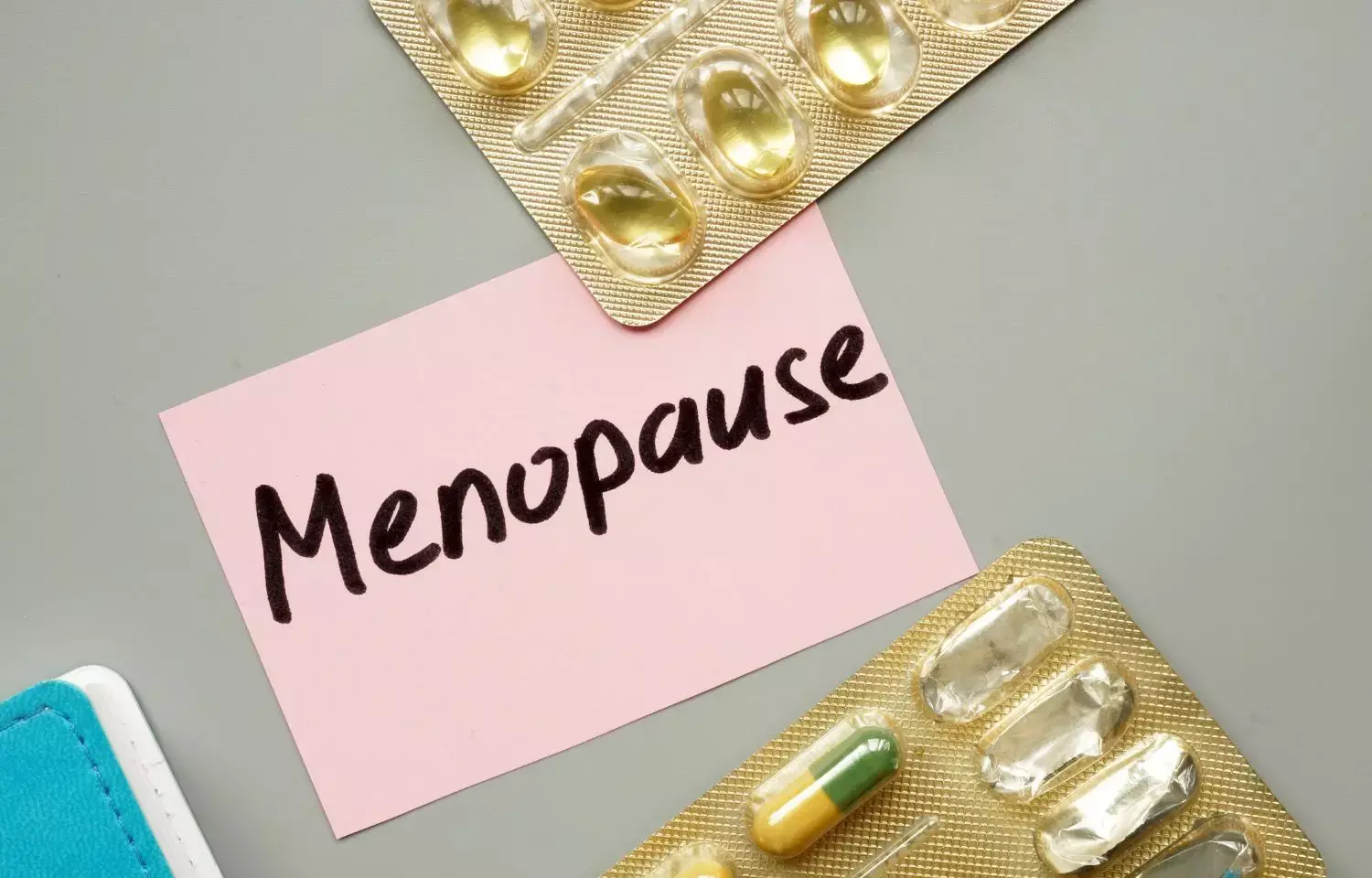- Home
- Medical news & Guidelines
- Anesthesiology
- Cardiology and CTVS
- Critical Care
- Dentistry
- Dermatology
- Diabetes and Endocrinology
- ENT
- Gastroenterology
- Medicine
- Nephrology
- Neurology
- Obstretics-Gynaecology
- Oncology
- Ophthalmology
- Orthopaedics
- Pediatrics-Neonatology
- Psychiatry
- Pulmonology
- Radiology
- Surgery
- Urology
- Laboratory Medicine
- Diet
- Nursing
- Paramedical
- Physiotherapy
- Health news
- Fact Check
- Bone Health Fact Check
- Brain Health Fact Check
- Cancer Related Fact Check
- Child Care Fact Check
- Dental and oral health fact check
- Diabetes and metabolic health fact check
- Diet and Nutrition Fact Check
- Eye and ENT Care Fact Check
- Fitness fact check
- Gut health fact check
- Heart health fact check
- Kidney health fact check
- Medical education fact check
- Men's health fact check
- Respiratory fact check
- Skin and hair care fact check
- Vaccine and Immunization fact check
- Women's health fact check
- AYUSH
- State News
- Andaman and Nicobar Islands
- Andhra Pradesh
- Arunachal Pradesh
- Assam
- Bihar
- Chandigarh
- Chattisgarh
- Dadra and Nagar Haveli
- Daman and Diu
- Delhi
- Goa
- Gujarat
- Haryana
- Himachal Pradesh
- Jammu & Kashmir
- Jharkhand
- Karnataka
- Kerala
- Ladakh
- Lakshadweep
- Madhya Pradesh
- Maharashtra
- Manipur
- Meghalaya
- Mizoram
- Nagaland
- Odisha
- Puducherry
- Punjab
- Rajasthan
- Sikkim
- Tamil Nadu
- Telangana
- Tripura
- Uttar Pradesh
- Uttrakhand
- West Bengal
- Medical Education
- Industry
History of stressors during childhood and pregnancy linked to worst menopause

Adversity occurring early in a woman's life will likely continue taking its toll physically and mentally years after those stressors have been removed. A new study suggests that a history of psychosocial stressors (physical or sexual abuse or financial instability) can lead to worse menopause symptoms and poorer well-being almost 2 decades later. Study results are published online today in Menopause, the journal of The North American Menopause Society (NAMS).
Menopause is often accompanied by a number of symptoms that adversely affect a woman's quality of life, including hot flashes, sleep disturbances, depressive symptoms, and sexual dysfunction. However, not all women's menopause experiences are the same, with some women having much more severe issues. There are many reasons for the differences.
In this newest study involving nearly 700 women, researchers sought to connect a history of psychosocial stressors from childhood through pregnancy with worse menopause symptoms.
Although previous studies had attempted to demonstrate the long-term adverse effects of various forms of abuse, many of them were small or focused more on current abuse. This study specifically focused on the history of stressors as reported at the time of pregnancy and their connection with a woman's health during midlife 15 to 20 years later.
Within this study group, a history of physical abuse was reported by 37.3% of the participants who also reported worse menopause symptoms and worse general health, as well as greater depressive symptoms. Another 7.7% reported a history of sexual abuse, which was also associated with worse symptoms during the menopause transition, as well as worse general health.
However, there was no documented correlation with depressive symptoms. A history of financial instability was associated with worse menopause symptoms, worse general health, and greater depressive symptoms. There was no association, however, between psychosocial stressors and generalized anxiety symptoms assessed at midlife.
Based on study results, the researchers concluded that psychosocial stressors were associated with worse menopause symptoms and well-being decades after the initial report.
These results highlight the long-lasting influence of adverse experiences on women's physical and mental health and emphasize the importance of past history of psychosocial stressors when considering the health of women in midlife.
Study results are published in the article "Longitudinal associations of psychosocial stressors with menopausal symptoms and well-being among women in midlife."
"This study provides additional evidence to support the link between adversity earlier in life with worse menopause symptoms and poorer well-being in midlife women. Additional study is needed to better understand the effect of cumulative exposure to chronic and repeated stress on the health of women in midlife and beyond," says Dr. Stephanie Faubion, NAMS medical director.
Reference:
Faleschini, Sabrina PhD1; Tiemeier, Henning MD, PhD2; Rifas-Shiman, Sheryl L. MPH1; Rich-Edwards, Janet ScD, MPH3,4,5; Joffe, Hadine MD, MSc5,6; Perng, Wei PhD, MPH7; Shifren, Jan MD, NCMP8; Chavarro, Jorge E. ScD, MD3,9; Hivert, Marie-France MD, MMSc1,10; Oken, Emily MD, MPH1,9. Longitudinal associations of psychosocial stressors with menopausal symptoms and well-being among women in midlife. Menopause: September 13, 2022 - Volume - Issue - 10.1097/GME.0000000000002056 doi: 10.1097/GME.0000000000002056
Dr Kamal Kant Kohli-MBBS, DTCD- a chest specialist with more than 30 years of practice and a flair for writing clinical articles, Dr Kamal Kant Kohli joined Medical Dialogues as a Chief Editor of Medical News. Besides writing articles, as an editor, he proofreads and verifies all the medical content published on Medical Dialogues including those coming from journals, studies,medical conferences,guidelines etc. Email: drkohli@medicaldialogues.in. Contact no. 011-43720751


